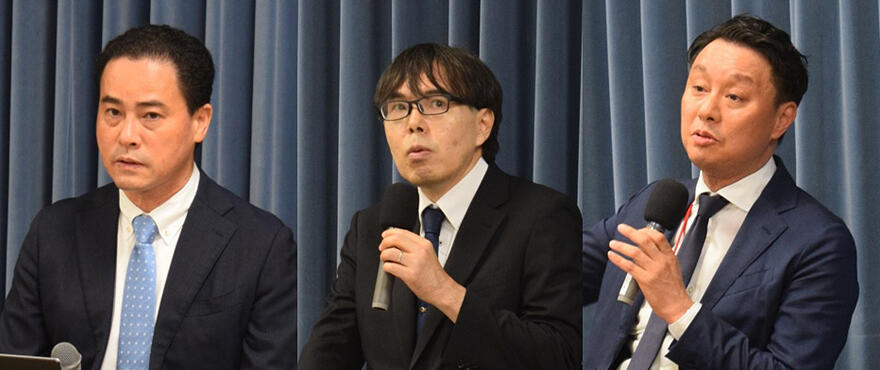Fetal echocardiographic screening covers all fetuses. This condition requires advanced diagnostic techniques because the fetal heart is small and beating. Nonetheless, there are large technical disparities among examiners, resulting in insufficiencies and regional differences in the prenatal diagnosis rates of congenital diseases.
A joint research group led by Deputy Team Leader Masaaki Komatsu of the RIKEN Center for Advanced Intelligence Project (AIP), Director Ryuji Hamamoto of the National Cancer Center Research Institute (NCCRI), and Associate Professor Ryu Matsuoka of the Showa University School of Medicine jointly developed an artificial intelligence (AI) system to assist examiners in ultrasound-based diagnosis during fetal echocardiographic screening of heart problems. Pharmaceutical approval was granted for the system under the AI-equipped Medical Equipment Program by the Ministry of Health, Labour and Welfare.
During fetal ultrasound screening examination to observe the entire body, the developed AI system examines the area near the heart, automatically sends a video to the cloud, and returns the analysis result in 2-3 minutes. The AI checks 18 different areas of the heart and its peripheral organs and detects whether it is normal or not, with 93.5% sensitivity and 95.9% specificity.
At the NCCRI, 44 non-expert and 6 expert physicians watched 60 random screening videos. A comparison of their judgments of the existence and non-existence of abnormality with and without AI assistance confirmed the add-on effects of AI in experts and non-experts.

Komatsu commented on the results, "I was previously an obstetrician-gynecologist at Hiroshima University and observed a big technical gap in ultrasound diagnosis. I wanted to fill this gap as much as possible when planning our joint research at AIP."
Matsuoka added, "Screening tests are to confirm that there is no problem. Humans get tired after long hours of testing, but we used AI to confirm that the negative predictive value increases even at the expert level."
Hamamoto said, "Industry-academia collaboration in medicine and engineering has not progressed well because the demands of both do not match. This case was very successful. Image recognition can be applied to ultrasound diagnosis of other conditions; therefore, we would like to expand the application areas."
This article has been translated by JST with permission from The Science News Ltd. (https://sci-news.co.jp/). Unauthorized reproduction of the article and photographs is prohibited.




